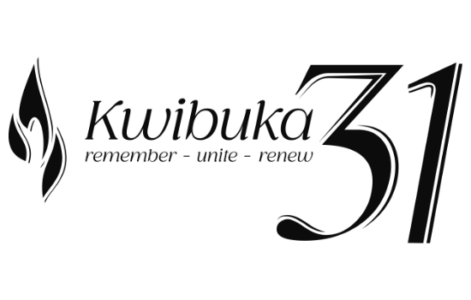Fighting Genocide Denial Today
Posted: June 20, 2015
Written by: Jacqueline Murekatete
Genocide scholars like Dr. Gregory H. Stanton make clear that denial is the final stage of genocide, coming right after extermination. Linda Melvern has stated that “genocide denial follows the crime as night follows day and its purpose is the destruction of truth and memory.”
The fact that genocide denial is an inevitable part of the genocidal process however does not minimize the pain and suffering it causes especially to the survivors. When you experience and survive a genocide, the very basic aspect of justice you expect is at least knowing the nature of your suffering and loss has been acknowledged as a historical fact. Denying or in anyway minimizing such historical fact therefore becomes nothing less than another form of victimization for the survivors.
The challenge today is that genocide denial comes in many different shapes and forms, some more difficult to discern, as those behind it sometimes attempt to portray themselves as being something other than genocide deniers. Not only do some every day people deny or try to minimize a number of genocides, but some self-described academics or so-called scholars use books, lectures, social media posts or online hate group forums to engage in the type of denial process that simply shocks the conscious.
Why do they do it? Some of them do it out of ignorance, others because of perverted personal or professional agendas and others simply because of their hostile or feelings of hatred toward the victim group.
To most of us, it is unimaginable that someone, anyone, for example, would dare to deny the Holocaust. But despite the thousands of written and live testimonies, archival evidence, movies and documentaries about the Holocaust, many of us have at one point or another read, listened to, or even worse encountered someone who deny or seek to distort the historical record about the Holocaust.
Despite efforts such as those of Holocaust scholar and historian, Deborah Lipstadt and many others to fight the denial movement, Holocaust and genocide denial remains a threat today that we cannot afford to ignore.
In his continued discussion about genocide denial, Dr. Stanton states that, “ genocide denial is among the surest indicators of further genocidal massacres.”
Thus, the work of genocide prevention today must encompass efforts to fight those who seek to minimize and deny the crime of genocide, irrespective of where and to whom it was committed.
« Back to News + Blog
